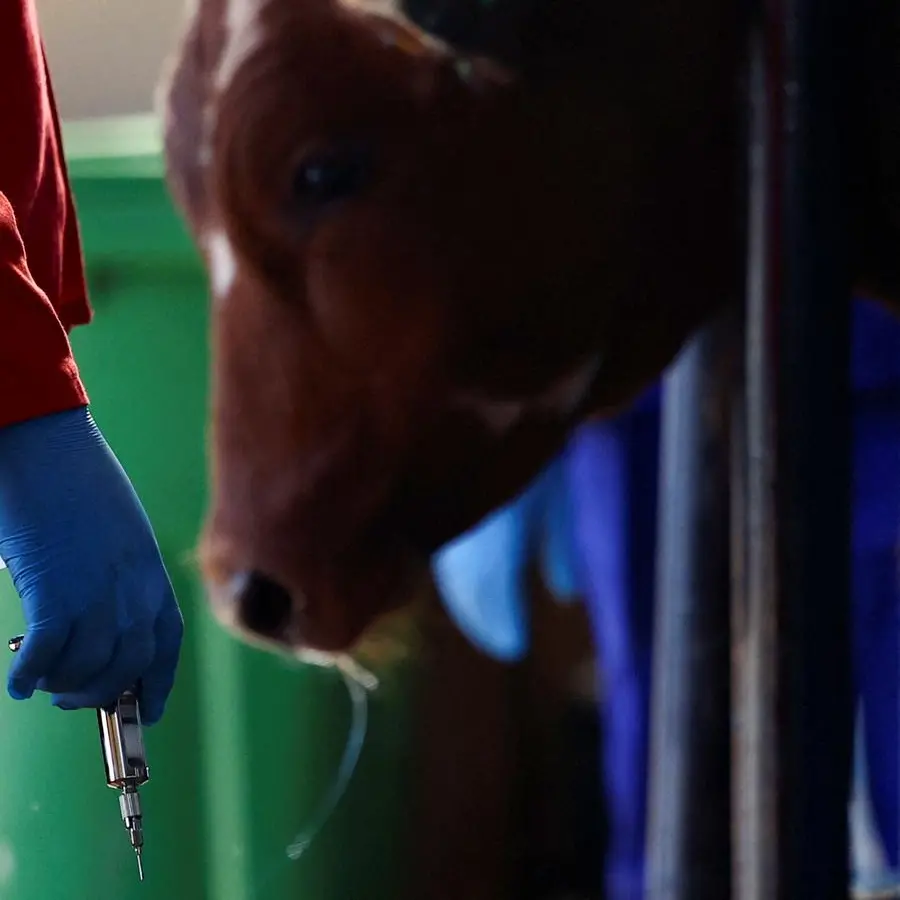PHOTO
Dr Azad Moopen, Founder & Chairman of Aster DM Healthcare, has emphasised the crucial necessity of merging sustainability and innovation with the core of healthcare operations.
The outlook for healthcare is undergoing a paradigm shift. The link between climate change and its impact on healthcare is undeniable, he says.
It is also very important for the global healthcare systems to be ready not only to support the evolving needs of people but also to manage Black Swan events like the Covid-19 pandemic.
Sustainable systems
Sustainable healthcare systems are a key requirement to reduce carbon footprint on the planet and to build capacity for emergency preparedness created by climate related disasters. Healthcare systems around the world need to become energy efficient, transition to renewable energy and ensure effective waste management.
For this, stronger collaboration is needed between governments, policy makers, pharmaceutical and technology companies and care providers, to together overcome the challenges that climate change presents.
As the recently concluded COP28 in UAE proved, there is enough evidence now to correlate climate change with human health. As such it is imperative to build resilient healthcare systems capable of overcoming challenges and supporting sustainable measures.
“At Aster, we stand committed to a transformative journey integrating sustainable practices into our operations across India and GCC which is now resulting in efficient use of renewable energy sources.”
Notably, the incorporation of 3,679,200 KWh of solar energy, 2,300,000 KWh of wind energy, and 3,569,298 KWh of hydro energy within the company resulted in a remarkable 6,824 tCO2e reduction in net greenhouse gas emissions. Such initiatives not only contribute to environmental well-being but also reflect a commitment to public health.
Innovation in healthcare
Innovation in healthcare is the key for the future of healthcare. The impact of Artificial intelligence is creating ripples in the field. Many of the diagnostic tests and radiological studies like MRI and CT scan are now being read by machines instead of people.
Doctors are provided with able decision-making support systems which help in better diagnosis. Genomic studies have helped in diagnosis and treatment of many of the diseases. Proactive rather than reactive medical practices are taking centre stage. Personalised instead of generalised treatment modalities are now gaining momentum.
Focusing on patient-centricity
The cornerstone of the future healthcare paradigm is patient-centricity. The industry is witnessing a shift towards personalised treatment plans, incorporating patient feedback into service development, and empowering individuals in their healthcare journey.
The focus has evolved from a one-size-fits-all approach to a holistic model that ensures the well-being of both patients and the planet. Thus, the need for specialist care grows simultaneously, enabled by integration of technology into the healthcare ecosystem. Patient – provider collaboration is key to staying connected with the needs and introduce solutions which people need.
Integrated healthcare offering which combines primary to quaternary care supported by a seamless experience would be essential for providers to stay ahead of the curve.
“As we consolidate our footprint in the GCC across physical and digital channels, we are creating and providing essential health services, preventive care and health education, aligning with the growing focus on holistic well-being,” he says.
GCC – region ripe with opportunities
In UAE, the country’s share of population above the age of 65 is forecast to increase to 4.4% by 2030, up from 1.1% at present, according to the World Bank. This is expected to stimulate increased demand for quaternary care and facilities providing advanced healthcare with experts, including geriatric care.
The influx of population, changing dynamics and UAE government’s focus on building the country as the hub for world-class medical tourism will bring in investments from private sector and open opportunities for digital tech solution providers, innovators, and experienced medical professionals.
Similarly, immense opportunities lie ahead for countries like Saudi Arabia, Oman and Qatar as the region gears up to meet rising healthcare demands locally, without patients having to travel aboard to seek advanced care. KSA is expected to see a massive growth and change in the healthcare sector, with the government focused on improving healthcare infrastructure as a part of its Vision 2030.
There is huge potential for primary care operators to expand their network of standardised care and meet public demand. “At Aster, with our commitment to expand our pharmacy network in the country, alongside adding capacity to serve more patients at Aster Sanad Hospital in Riyadh, we are looking forward to bringing our legacy of 36 years of clinical expertise and quality experience to serve the people of the kingdom,” he concludes.
Copyright 2022 Al Hilal Publishing and Marketing Group Provided by SyndiGate Media Inc. (Syndigate.info).





















